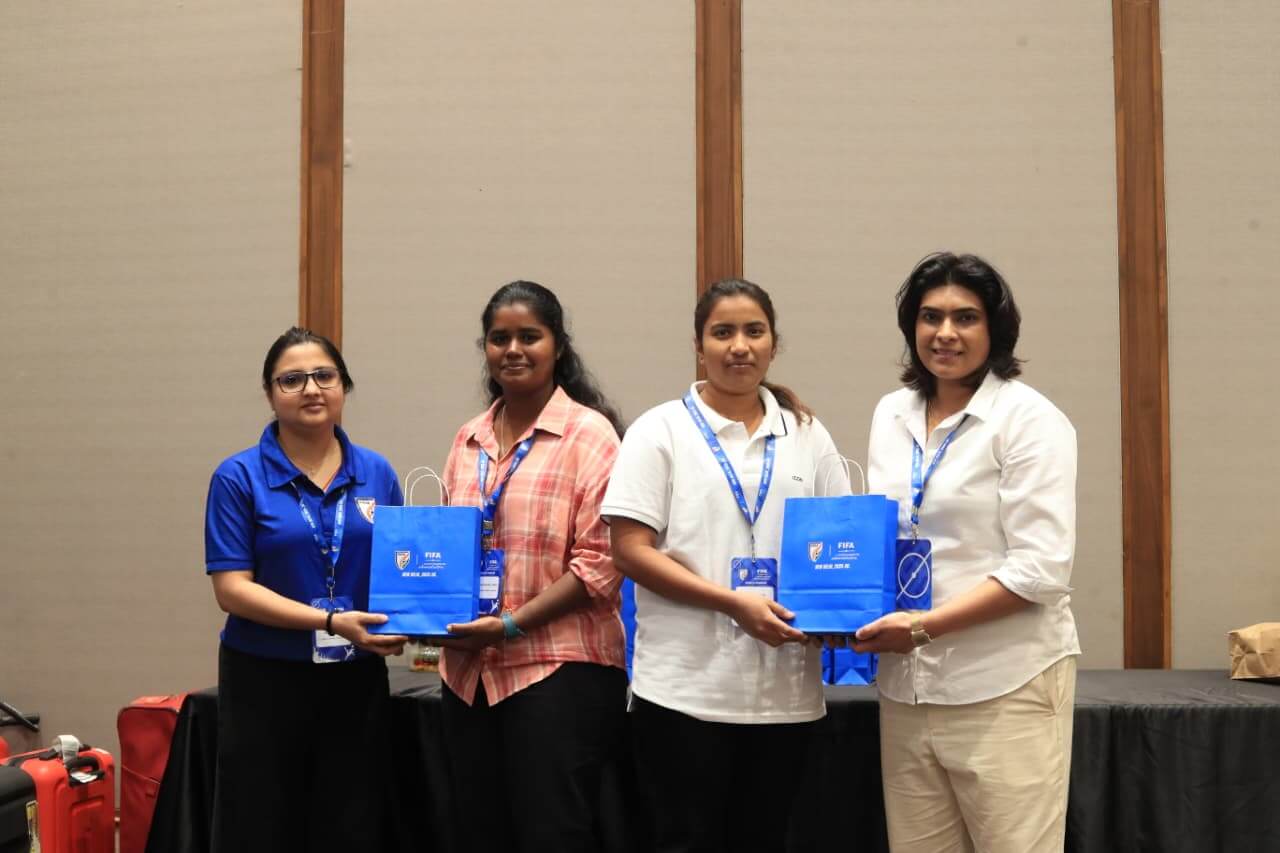OBJECTIVE: Rising antibiotic resistance could reduce the effectiveness of antibiotics in preventing postoperative infections. We investigated trends in the efficacy of antibiotic prophylaxis regimens for 3 commonly performed surgical procedures-appendectomy, cesarean section, and colorectal surgery-and 1 invasive diagnostic procedure, transrectal prostate biopsy (TRPB).
DESIGN: Systematic review and meta-analysis.
METHODS: We searched PubMed and Cochrane databases (through October 31, 2017) for randomized control trials (RCTs) that measured the efficacy of antibiotic prophylaxis for 4 index procedures in preventing postoperative infections (surgical site infections [SSIs] following the 3 surgical procedures and a combination of urinary tract infections [UTIs] and sepsis following TRPB).
RESULTS: Of 399 RCTs, 74 studies (9 appendectomy, 11 cesarean section, 39 colorectal surgery, and 15 TRPB) were included. Multilevel logistic regression models with random intercepts for each study showed no statistically significant increase in SSIs over time for appendectomy (adjusted odds ratio [aOR] per year, 1.03; 95% confidence interval [CI], 0.92-1.16; P=.57), cesarean section (aOR per year, 1.01; 95% CI, 0.96-1.05; P=.80), and TRPB (aOR per year, 0.95; 95% CI, 0.77-1.18; P=.67). However, there was a significant increase in SSIs proportion following colorectal surgery (aOR per year, 1.049; 95% CI, 1.03-1.07; P<.001).
CONCLUSION: The efficacy of antibiotic prophylaxis agents in preventing SSIs following colorectal surgery has declined. Small number of RCTs and low infections rates limited our ability to assess true effect for simple appendectomy, cesarean section, or TRPB.






